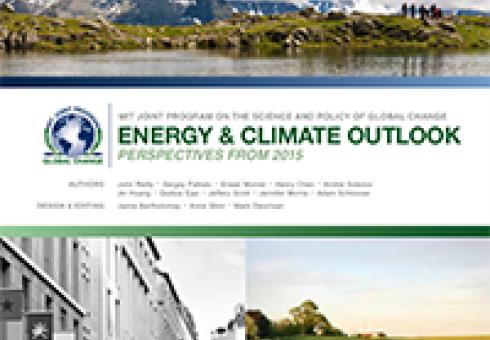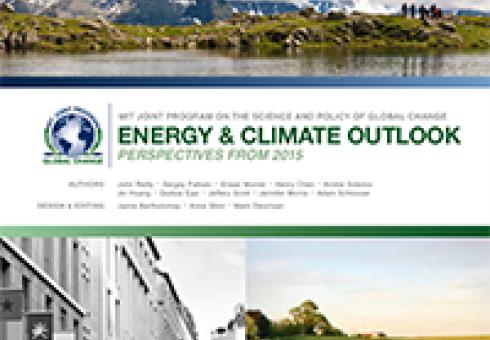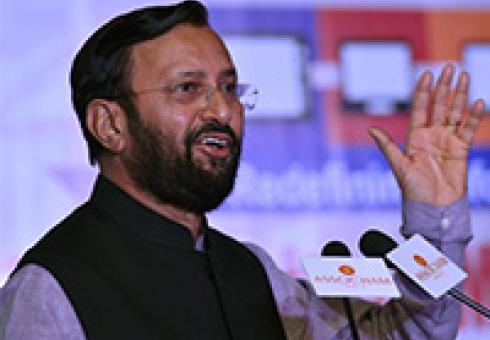John Reilly interviewed on PRI's The World
Jason Margolis | PRI’s The World
If you’re in the oil business, you might think your best days are in the rear-view mirror. Oil is selling for rock-bottom prices. Your product is blamed for destroying the planet. And here’s what the leader of the free world thinks of oil.
“We’ve got to accelerate the transition away from old, dirtier energy sources. Rather than subsidize the past, we should invest in the future,” said President Obama during his recent State of the Union address.
To state the obvious though, if you’re an oil company, you produce oil. Energy economist John Reilly at the MIT Sloan School of Management says companies like ExxonMobil and Chevron are facing a classic business challenge.
“Could the horse and buggy manufacturers become automobile producers? Or is some other company going to because they’re more innovative, or not bound by what they’re already doing?" asks Reilly.
But before we pity the poor oil companies, remember, these are the richest companies in the world.
“Most of them have lots of cash. And so, if there’s a successful alternative, if they don’t develop it, they probably can acquire those companies and transition that way,” says Reilly.
. . .
Read the full article and hear the broadcast at Public Radio International’s The World.
Photo: Norwegian company Statoil plans to build the first floating wind farm off the Scottish coast. (Photo courtesy of Statoil)






